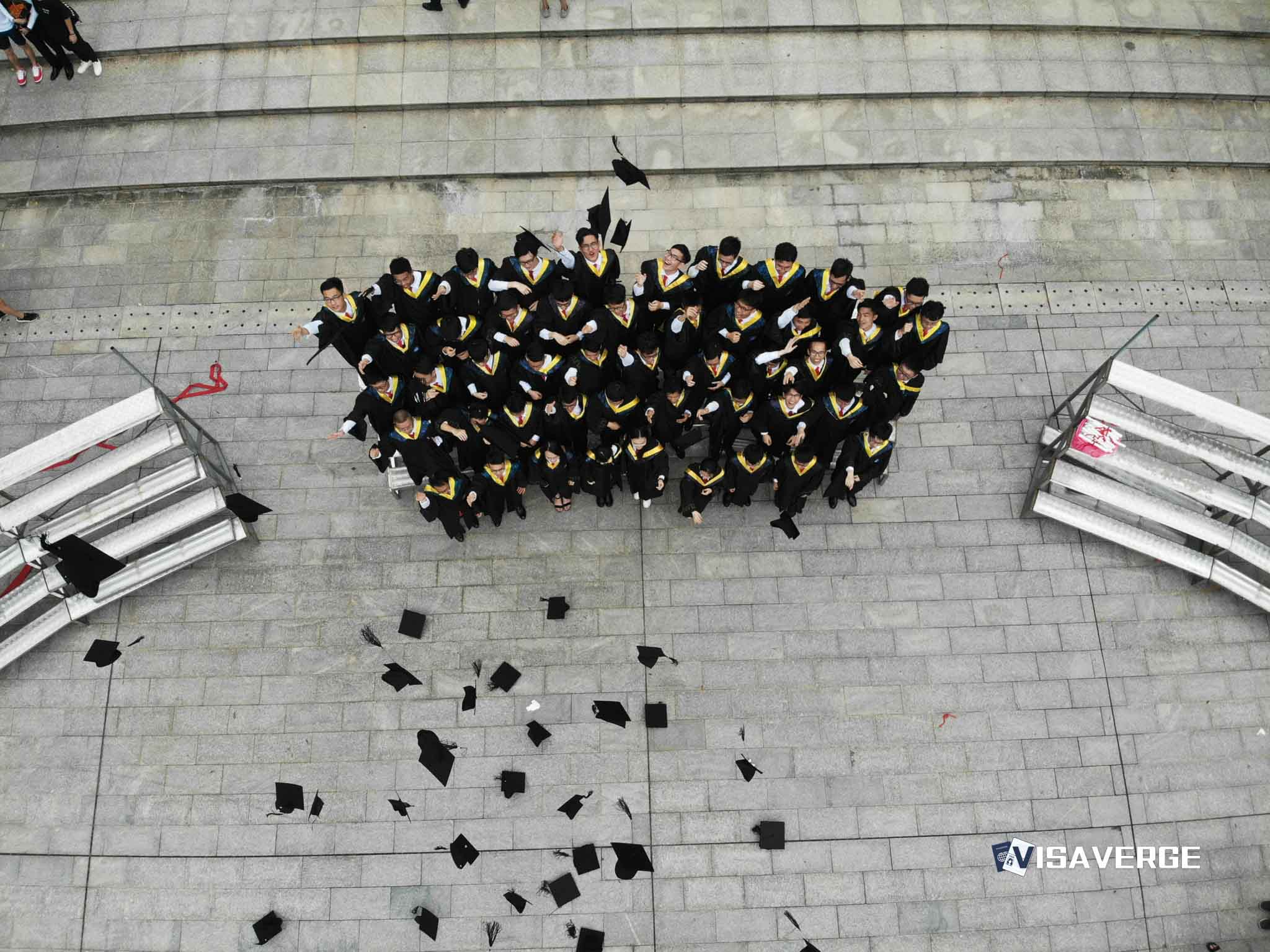Understanding the Surge in F-1 Visa Rejection Rates in 2023
The landscape of US immigration policy has always been complex, but recent changes have introduced an additional layer of complexity for international students hoping to pursue their education in the United States. A staggering 36% of student visas were refused in 2023, a noticeable uptick from the 15% refusal rate recorded in 2014. This shift has far-reaching implications, not only for the students and their future prospects but also for the economic contributions they bring to the US.

What’s Behind the Surge in Student Visa Denials?
The F-1 Visa, a gateway for international students to study in the US, particularly for MBA and business master’s students, has seen a significant increase in denials. This rise is nearly double the rate of all other non-immigrant visa types since 2021. David J. Bier, from The Cato Institute, highlights the economic repercussions of this trend. He points out, “The US Department of State turned down 253,355 students who would have likely paid roughly $30,000 per year or $7.6 billion per year in tuition and living expenses. Over four years, that number rises to $30.4 billion in lost economic benefits to the United States.”
The primary reason for these denials appears to be the challenge in proving “non-immigrant intent.” This essentially means that applicants fail to convince visa officers of their intention to return to their home countries after their studies. This hurdle is particularly daunting for those who wish to extend their stay in the US but lack substantial economic and social ties in their home countries.
How Does Nationality Impact Visa Refusal Rates?
While the State Department has not disclosed refusal rates by nationality for the last two years, the surge in applications from Indian nationals, who are historically more likely to be refused a visa compared to their Chinese counterparts, may be influencing the overall rise in denial rates. Indian applicants accounted for a record 29% of all visa issuances in 2023, which may have contributed to the higher worldwide average of refusal rates.
The Economics of F-1 Visa Issuance
The financial implications of the high refusal rate extend beyond the individual students to the broader US education system. International students often pay higher tuition fees, which in turn helps subsidize costs for domestic students. As such, education professionals express concern over the economic and cultural losses resulting from these high visa denial rates.
Are There Solutions to the High Refusal Rate?
In 2021, there were attempts by State Department officials to lower the standards of evidence needed for a student visa to those that existed before 2016. However, the persistence of high denial rates suggests that these efforts have not significantly impacted visa issuance. Organizations such as NAFSA are advocating for the expansion of dual intent for F-1 visa applicants. This change would allow students to express their interest in relocating permanently to the US after their studies without harming their visa prospects.
The Cost of Visa Applications
Applying for a visa is not only a bureaucratic challenge but also a financial one. The application process, including English proficiency tests and other assessments like the SAT, can exceed $1,000, alongside other hidden expenses. This hefty investment, paired with the prospect of denial, raises concerns about the US’s appeal as a premier study destination and may deter potential students from applying.
How Can Prospective Students Navigate These Challenges?
For students and educators alike, understanding the intricacies of this process is crucial. Here are some steps applicants can take to potentially improve their chances:
- Prepare thoroughly for the visa interview: Practice answering questions succinctly and clearly demonstrating ties to your home country can be beneficial.
- Consult with education and immigration professionals: Seek guidance from experienced individuals who can offer personalized advice based on your circumstances.
Helpful resources, such as the official US visa information and appointment services, can provide further assistance and detailed information about the F-1 visa process.
As the landscape of US immigration policy continues to evolve, staying informed and prepared is more important than ever for international students dreaming of studying in the United States. Despite the current challenges, understanding these dynamics and leveraging available resources can help navigate the complexities of visa applications successfully.
This Article In A Nutshell:
The surge in F-1 visa rejections in 2023, at 36%, poses challenges for international students aspiring to study in the US. Primarily due to proving “non-immigrant intent,” the high denial rates impact both students’ futures and US economy. Understanding these issues, seeking expert guidance, and thorough visa interview preparation can help navigate these hurdles effectively.
— By VisaVerge.com













